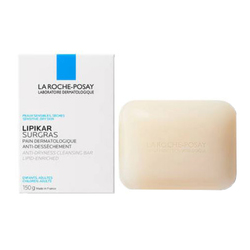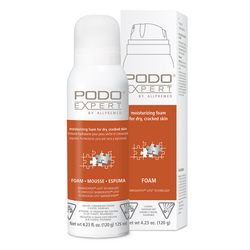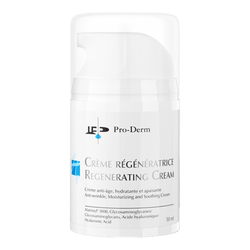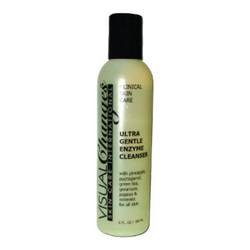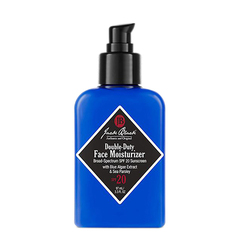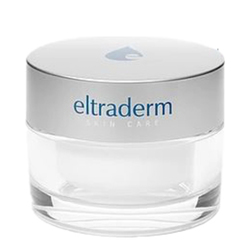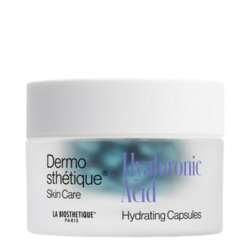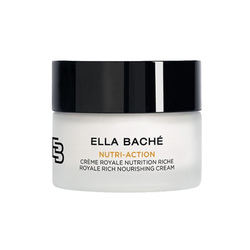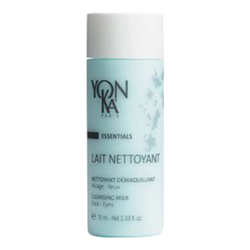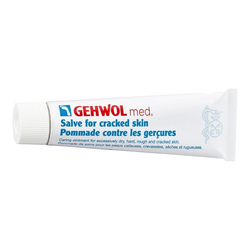Dry Skin: An Overview
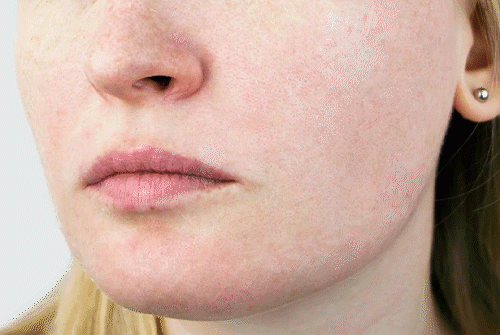
Posted By Vien
| Dry skin, also known as xerosis, is the most common type of skin condition. Having dry skin means that your body isn't producing enough oil to keep your skin hydrated. Dryness can be caused by genetics and/or environmental factors such as cold weather or high altitudes. There are many ways to treat this condition but first, let's learn more about what causes it! Definition Dry skin is a condition in which the skin lacks water and becomes rough, scaly, and flaky. Dry skin can be caused by a variety of factors, including genetics, aging, environment, and lifestyle. Dry skin is common among older adults who are more likely to have less active oil glands than younger people do. It is also more common during winter months when indoor heating takes its toll on our skin’s natural moisture balance. The first step to helping dry skin is identifying the condition. Your doctor or dermatologist can tell you if your skin is dry, but here are some common signs:
These symptoms are sometimes accompanied by itching or redness. Hydration versus moisturization Hydration and moisturization are often used interchangeably, but they are not the same. Hydration is the water content of your skin; it's important because it keeps your skin supple and flexible. Moisturization refers to applying a moisturizer to your face, which helps maintain hydration. Hydration is the foundation of healthy skin: without sufficient water, the cells in our body can't function properly or be repaired from damage (such as sun damage). When our bodies become dehydrated due to dry conditions or increased exposure to air conditioning and hot temperatures, we may experience symptoms such as dryness, roughness, cracking, or itching—but these issues can be remedied by hydrating well with plenty of water throughout each day (about 8 cups). Moisturizing is key for maintaining hydration levels: just like oil lubricates parts inside a machine so that they move smoothly together without friction (or "slipping"), topical lotions make it easier for dead skin cells on the surface level to slough off naturally without causing irritation or inflammation. Even oily skin needs moisture! Causes of dry skin
Dry skin can be a sign of something more serious Dry skin can be a sign of a more serious skin condition. It's important to see your doctor if you have dry skin and other symptoms such as itching or pain, even if the dryness seems mild. Dry skin can be caused by an underlying health condition or diseases such as eczema*, psoriasis*, lupus erythematosus*, chronic kidney disease, diabetes mellitus (type 1), Sjögren's syndrome*, xerostomia (dry mouth), atopic dermatitis (eczema), lichen planus*, seborrheic dermatitis*, rosacea* and scleroderma*. How to take care of your dry skin Dry skin can be frustrating, but with the right products and a little patience, you can have smooth and hydrated skin in no time.
Moisturizers are the most important product for dry skin because they help provide deep hydration. It's recommended that you apply moisturizer after cleansing your face to lock in moisture before applying other products like serums or eye creams. Look for a moisturizer that is oil-free or formulated specifically for your skin type (oily, combination, or dry). A good rule of thumb is if your skin feels tight after washing it, then you're probably not using enough moisturizer. If you can't find one that works well on its own, look into adding a serum to your routine to boost hydration and combat wrinkles. Conclusion We hope that this article has helped you to better understand the difference between hydration and moisturization. Dry skin is a common problem, but it doesn’t have to be permanent. The best way to care for dry skin is by finding a routine that works for your specific needs. Whether it’s through products or lifestyle changes, there are plenty of options out there—so don't give up! Video Source: Dr Dray | Dehydrated vs Dry Skin |
RECOMMENDED FOR YOU
<
>
La Roche Posay
La Roche Posay Lipikar Surgras Cleansing Bar Soap, 150g/5.25 oz
C$ 14.00
Podoexpert by Allpremed
Podoexpert by Allpremed Repair FoamCream - Dry to Cracked Skin Foam - Scented, 125ml/4.2 fl oz
C$ 32.00
ProDerm
ProDerm Regenerating Cream, 50ml/1.7 fl oz
C$ 69.00
Visual Changes
Visual Changes Ultra Gentle Enzyme Cleanser, 180ml/6 fl oz
C$ 48.00
ProDerm
ProDerm Gentle Cleanser, 250ml/8.5 fl oz
C$ 50.00
Yonka
Yonka Lotion Yon-ka - Invigorating Mist (Dry skin), 200ml/6.7 fl oz
C$ 26.00
Jack Black
Jack Black Double Duty Face Moisturizer SPF 20, 251ml/8.5 fl oz
C$ 40.00
Eltraderm
Eltraderm Hyaluron E Cream, 50ml/1.7 fl oz
C$ 69.00
La Biosthetique
La Biosthetique Hyaluronic Acid Hydrating Capsules, 60 capsules
C$ 150.00
Ella Bache
Ella Bache Royale Rich Nourishing Cream, 50ml/1.7 fl oz
C$ 88.00
Yonka
Yonka Lait Nettoyant (Cleansing Milk) - Travel Size, 75ml/2.5 fl oz
C$ 26.00
Gehwol
Gehwol Med Salve for Cracked Skin, 125ml/4.2 fl oz
C$ 27.10
How to Use Your Gift Cards
XCLOSE
- To redeem your gift card, present it to the associate at the register;
- Choose wich Gift Card you would like to use;
- $50 gift card to be used with any purchase of laser services and products over $250;
- $100 gift card to be used with any purchase of laser services and products over $500;
- This is a in-store exclusive offer;
- This Gift Card has no cash value;
- Discounts can only be applied to laser services and products;
- Cannot be combined with other store credits and promotions;
- Please note that some brands are excluded from this deal;
- Gift Cards expire May 31st, 2021.
Appointment Request
September 26 2015
Reservation Request Confirmation
XCLOSE
SERVICE
Laser Stretch Mark Removal - Private Demo
FULL NAME✱
PHONE✱
EMAIL
NOTES
CONCERNS
CONCERNS
CANCEL
SUBMIT
Thank you ,
We hope to see you for service on date
CLOSE
We Are Open
In store shopping, online orders, phone orders and curbside pickups are available.
Monday - Friday | 9:00am - 5:00pm
Saturday | Closed
Sunday | Closed
Contact
Call Us
+1 604 982 3240
+1 604 974 0111
+1 604 974 0111
Address
120-100 1st St E,
North Vancouver
North Vancouver
